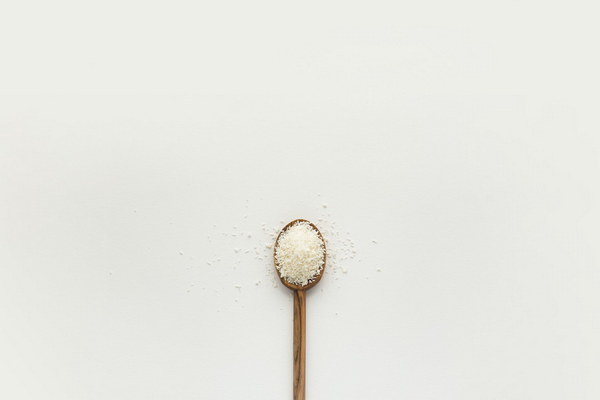Caring for Fissures A Comprehensive Guide to Health and Wellness for Fissure Sufferers
Introduction:
Anal fissures are a common condition that can cause significant discomfort and distress. Whether you are newly diagnosed or have been living with anal fissures for years, proper care and maintenance are crucial for managing symptoms and promoting healing. In this article, we will explore various aspects of anal fissure care, including diet, lifestyle adjustments, and home remedies to help you on your journey to recovery.
1. Diet:
A balanced diet is essential for overall health and can play a significant role in managing anal fissures. Here are some dietary recommendations:
a. High-fiber foods: Incorporate foods rich in fiber, such as fruits, vegetables, whole grains, and legumes, into your diet. Fiber helps to soften your stools, making bowel movements more comfortable and reducing the risk of injury to the anal area.
b. Hydration: Drink plenty of water throughout the day to stay hydrated. Adequate hydration helps to prevent constipation and keeps your stools soft.
c. Avoid irritants: Stay away from spicy, acidic, and fried foods, as they can exacerbate symptoms and delay healing.
2. Hygiene:
Maintaining good hygiene is essential for preventing infection and promoting healing. Here are some tips:
a. Gently clean the anal area after bowel movements: Use warm water and a soft cloth to clean the area, avoiding harsh soaps or wipes that may irritate the skin.
b. Dry the area thoroughly: Excess moisture can lead to infection, so ensure the area is completely dry after cleaning.
c. Change your underwear frequently: Wear cotton underwear to allow for better airflow and change them regularly, especially after bowel movements.

3. Lifestyle adjustments:
Making certain lifestyle changes can help alleviate symptoms and speed up recovery:
a. Avoid straining during bowel movements: Take your time and avoid pushing too hard, as this can cause further injury to the anal area.
b. Regular exercise: Engage in regular physical activity to promote overall health and improve digestion.
c. Manage stress: Stress can exacerbate symptoms, so find ways to manage stress, such as through meditation, yoga, or other relaxation techniques.
4. Home remedies:
Several home remedies can help alleviate pain and promote healing:
a. Sitz baths: Soak in a warm bath for about 10-15 minutes a day. The warm water can help reduce inflammation and soothe the anal area.
b. Aloe vera: Apply aloe vera gel to the affected area to provide relief and promote healing.
c. Witch hazel: Use witch hazel pads to soothe the anal area and reduce swelling.
5. Professional care:
If your symptoms persist or worsen, it is essential to consult a healthcare professional. They may recommend additional treatments, such as:
a. Topical medications: Steroids, nitroglycerin, or other ointments may be prescribed to reduce inflammation and pain.
b. Surgery: In severe cases, surgery may be necessary to repair the anal fissure.
Conclusion:
Caring for anal fissures involves a combination of diet, lifestyle adjustments, and home remedies. By following these recommendations, you can help manage symptoms, promote healing, and improve your overall quality of life. Always consult with a healthcare professional for personalized advice and treatment options.









